Monsoons are wonderful, aren’t they? The dripping raindrops, the early morning mist, cloudy skies, and lightning that can illuminate the whole world for a second are soothing and exciting at the same time.
How many of us love sitting near the window and sipping a cup of hot coffee or tea as it rains outside? Do you run your hand through your hair? Do your fingers tangle and pull out strands of hair? The smile on your face turns droops in an instant, doesn’t it?
Monsoons bring humidity which is not good for hair. It results in excess hair fall as if what we are facing every day isn’t enough. Be it the sudden appearance of dandruff or the feeling of your scalp being extra oily, humidity enjoys messing with your hair.
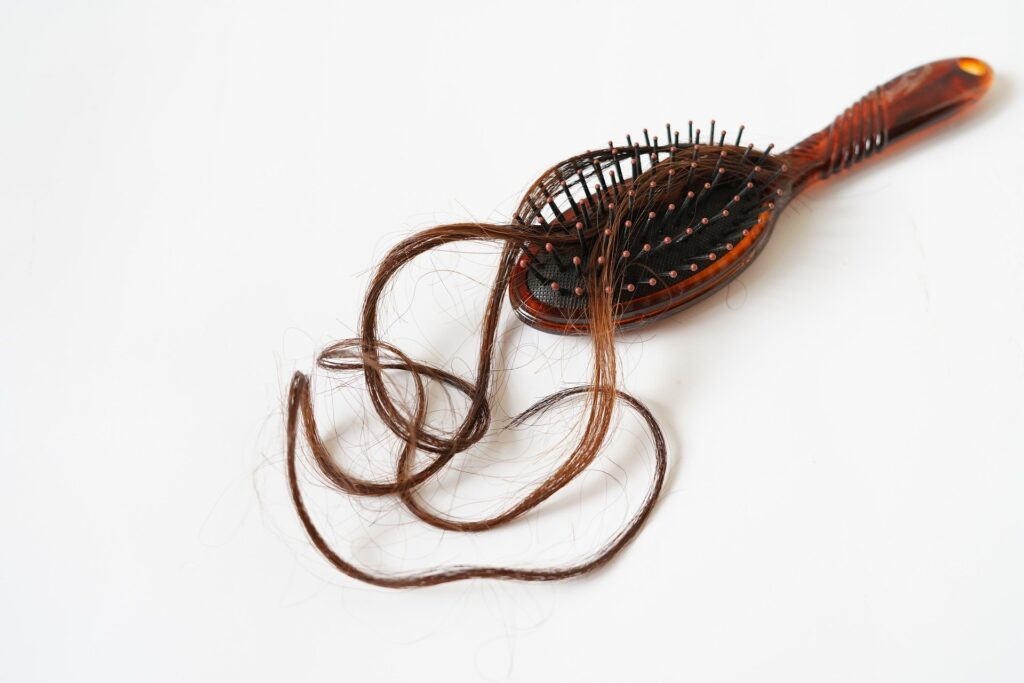
You might be hoping to the internet, scrolling through various posts searching for ways to prevent hair fall in the monsoon season. And you will find tips in abundance. There are so many things you can do to reduce hair fall during this rainy season. But one thing you need to focus on is your food.
Avoiding, or at least reducing the intake of junk food, is something you can start with. Not eating outside junk food during monsoons will also keep you safe from health issues caused due to dirty water and unhygienic cooking conditions. At the same time, limiting your intake of oily foods at home is also recommended.
So are there any food items you can consume to prevent hair fall during the rains? Well, yes. Nature is a great source of food that has all the essentials to keep us healthy and active. We’ve made a list of foods you should add to your diet to prevent hair fall as the rains drench us this monsoon.
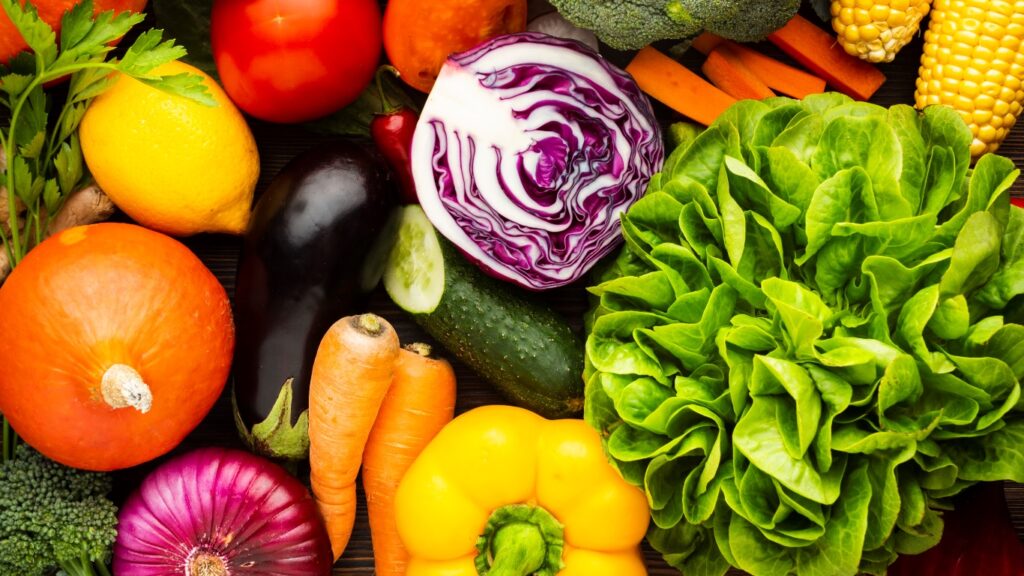
Fenugreek Seeds (Methi Dana)
It’s hardly surprising that fenugreek seeds are the first item on the list. They have been famous for reducing hair fall for ages. With high protein content, Vitamin E, and nicotinic acid, fenugreek seeds can be used in many ways to prevent hair fall. They are also known to reduce stress. Soak a spoonful of fenugreek seeds in a pot of water overnight. Strain the liquid, and dry it throughout the next day.
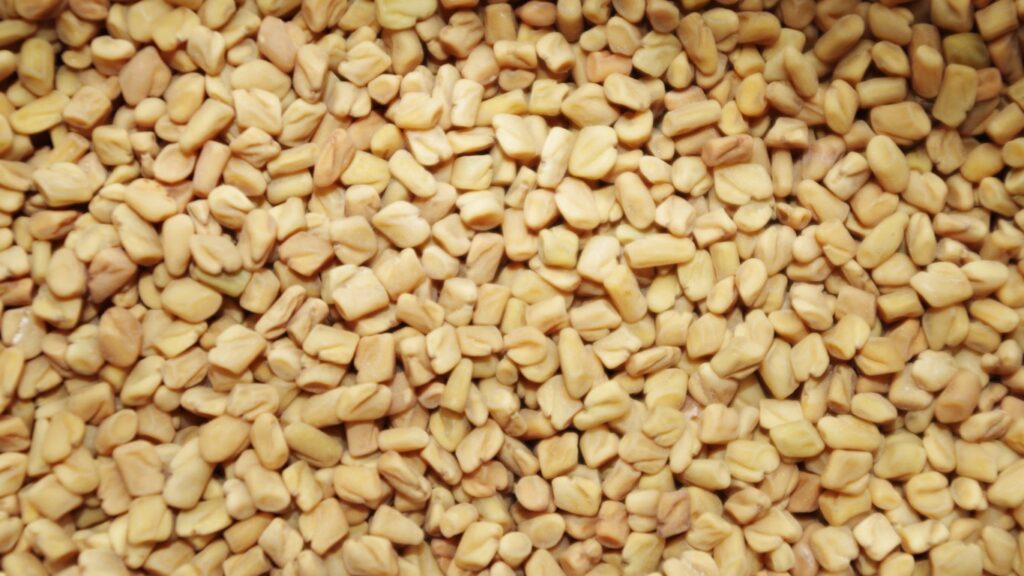
Black Plum (Jamun)
Jamun is a seasonal fruit found in plenty in India. People have the trees in their homes and enjoy the bounty each year. Rich purple in color with a bitter-sour and mildly sweet and tangy taste, Jamun is full of Vitamin C and antioxidants. Vitamin C helps produce collagen, which is crucial for strengthening hair follicles and preventing hair fall.
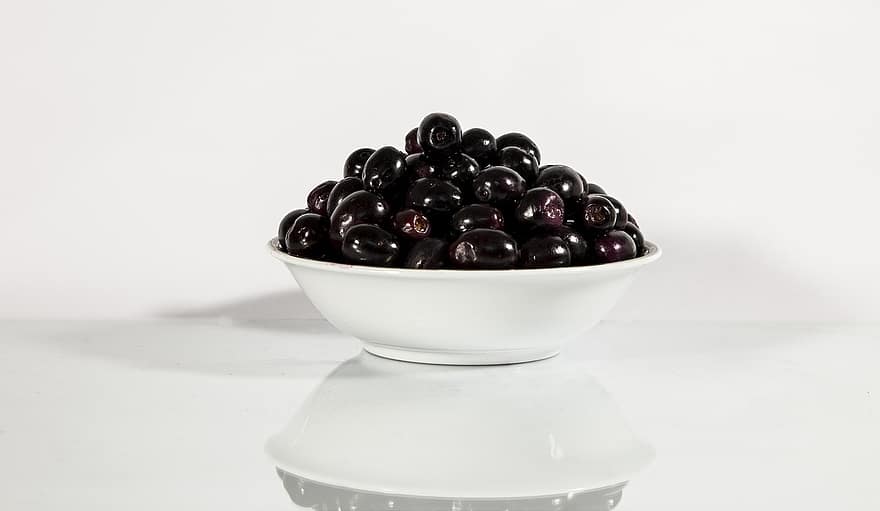
Nutmeg (Jaiphal)
Spices are amazing, aren’t they? Each of them has multiple benefits to offer. Nutmeg or Jaiphal, the oval-shaped woody fruit in the size of a big marble contains folic acid, magnesium, and Vitamin B6. All you need to do is add a pinch of nutmeg powder to your glass of milk each night and drink it before you go to sleep. Make sure not to add too much of it. Nutmeg has quite a strong taste when used in excess.
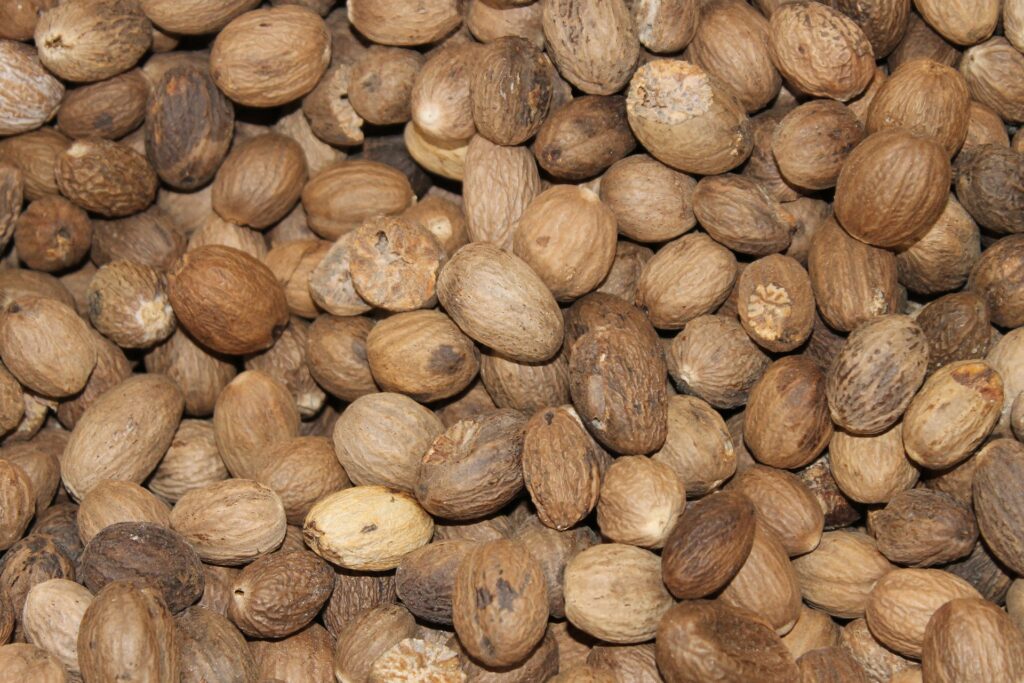
( Garden Cress Seeds / Halim Seeds)
These seeds have many names. They are also called Aliv in some places. You can use Aliv seeds with nutmeg for good results. Add them to the same glass of milk and drink up. Or you can roll the seeds in ghee (clarified butter) and grated coconut to make laddoos. Also, you can soak the seeds overnight in milk and consume them both the next day.
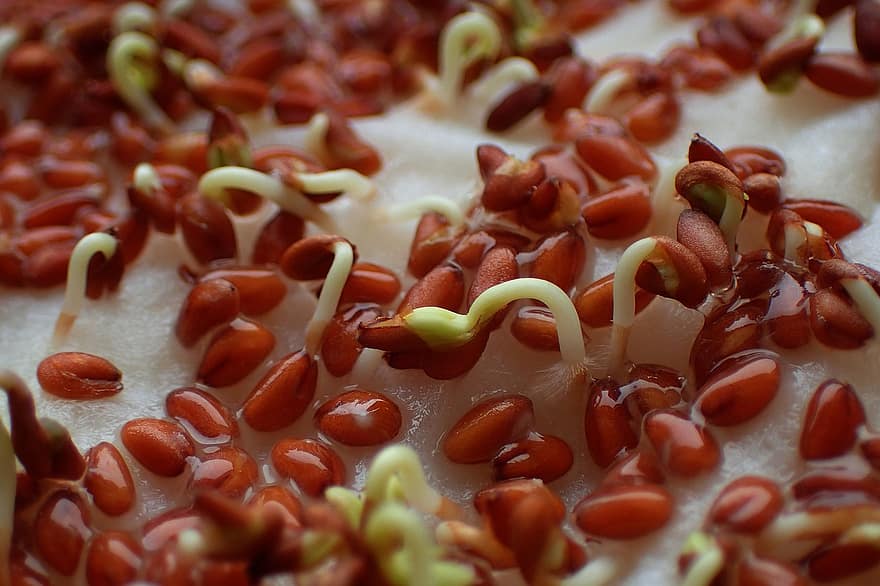
Eggs
Eggs are a good source of protein and biotin, both of which boost hair growth and prevent hair fall. Biotin is known to increase keratin production, which is essential for the hair to grow long and lustrous. You can easily have one egg per day. It’s also a great opportunity to try different ways of cooking eggs, isn’t it?
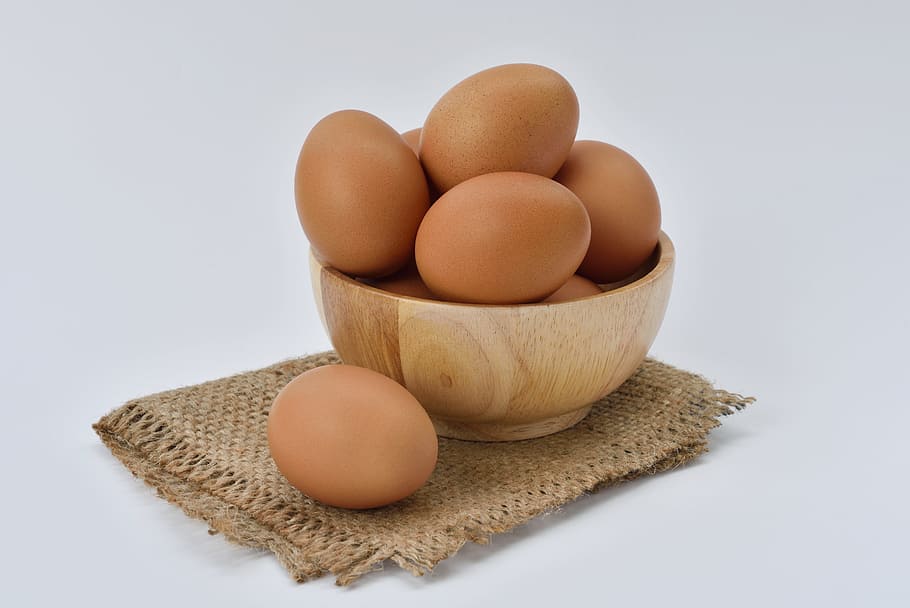
Fish
Omega-3 fatty acids, protein, Vitamin A, and D are all found in fish in varying amounts. Salmon is the best source for omega-3 fatty acids that are so good for your health and hair. Make the most of your love for fish by adding it to your regular diet this rainy season. Make sure you purchase fish from reliable and authentic vendors. The last thing you want is to end up with food poisoning, right?
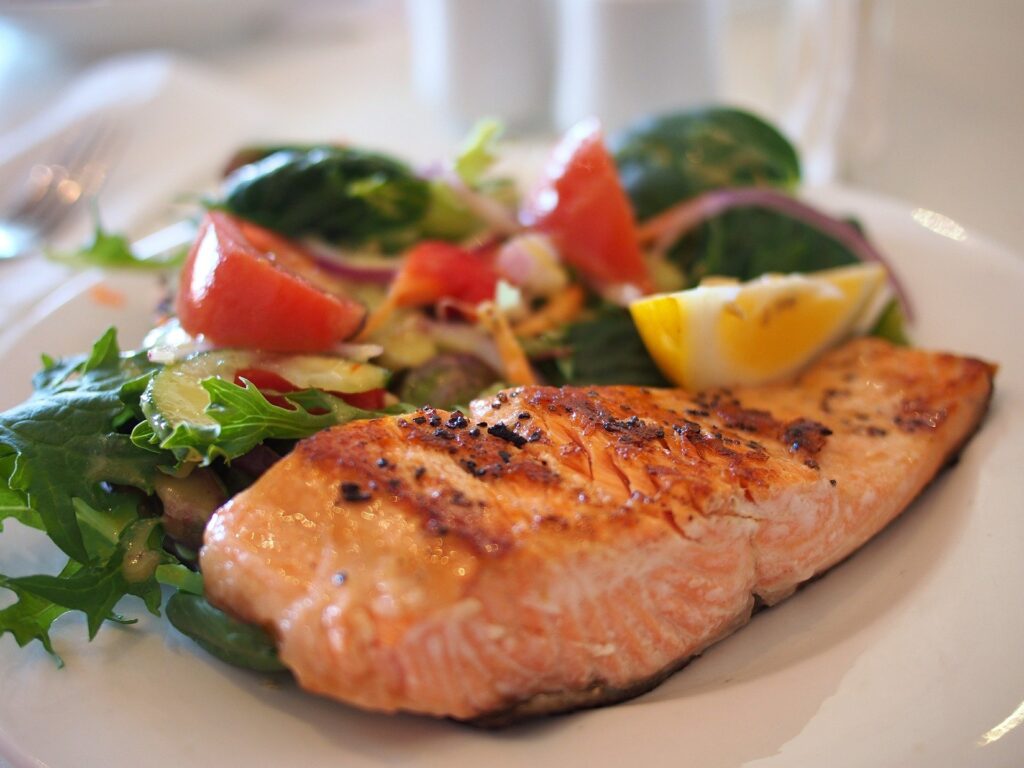
Leafy Vegetables (Spinach)
A lot of people hesitate to buy leafy vegetables in monsoon due to the fear of tiny insects and bacteria. The leaves grow closer to the earth, thus increasing the risk. But spinach is full of iron, Vitamin B, and folate, all of which increase and promote hair growth and make sure you don’t suffer from iron-deficiency (which leads to hair loss). Try growing spinach at home so that you don’t have to worry about tiny worms entering your system.
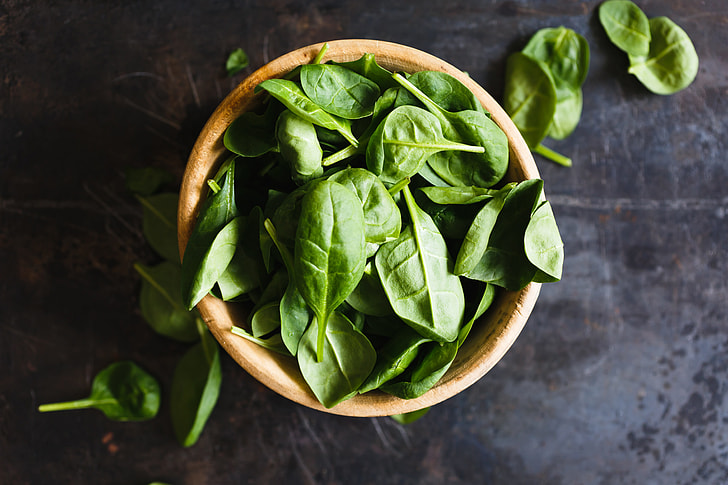
Colored Fruits (Seasonal)
The best way to care for your health, skin, and hair is to eat seasonal fruits each season. Monsoons are famous for more than Jamuns. Add plums, pears, peaches, litchi, and pomegranate to your daily diet. Each of them is colorful and full of Vitamins and minerals. However, avoid eating watermelon and muskmelon during the rainy season. They are better suited for summer consumption.
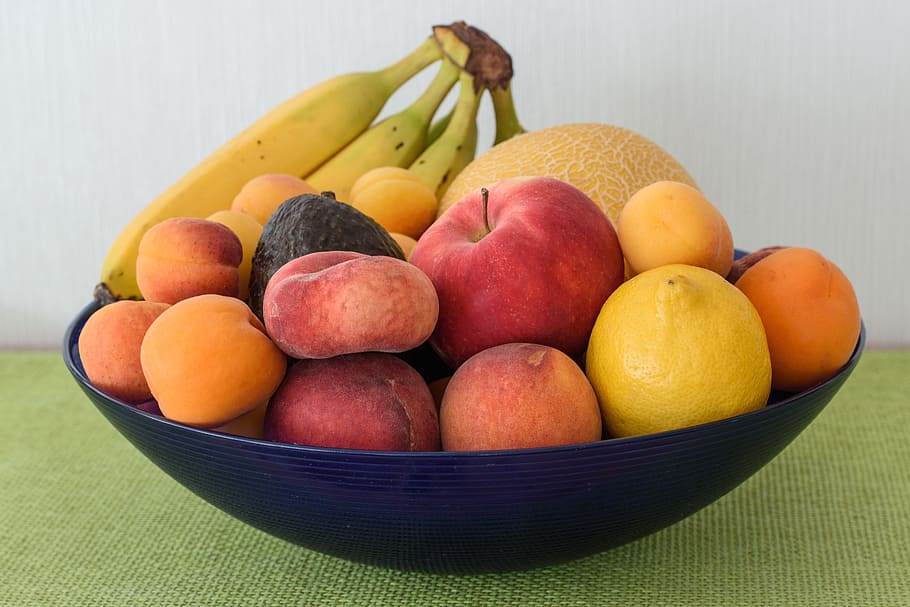
Legumes
Pulses, sprouts, and legumes are good choices during the monsoon. With minerals, Vitamin B12, and protein, legumes will add the required fiber content to your diet and increase the production of insulin. Diabetics should make sure they eat legumes during this period.
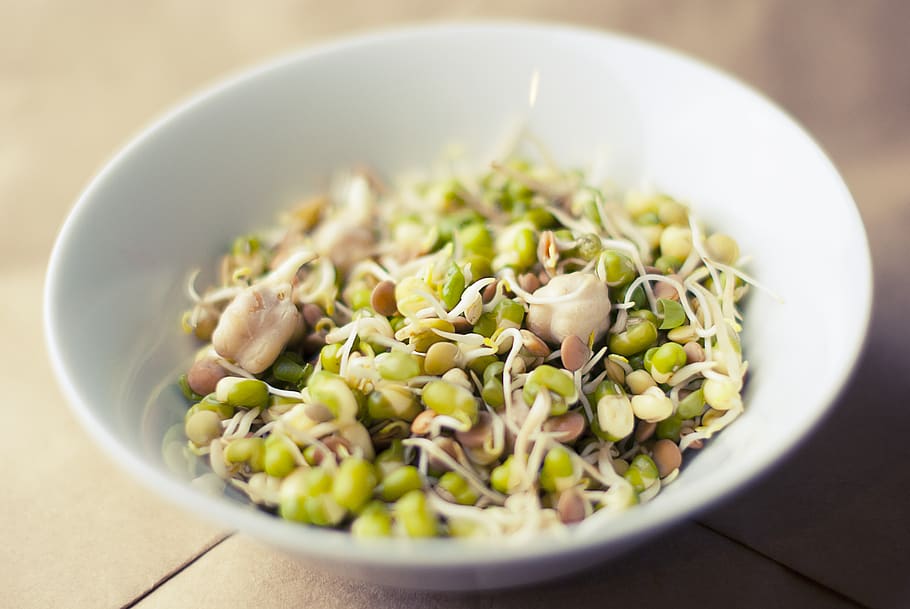
It’s important to drink lots of water and stay hydrated (yes, even during the rainy season). Wash your hair regularly using an anti-fungal shampoo and try to keep dandruff at bay. Use a wider toothed-comb when removes the tangles. Don’t tie your hair up when it’s wet, and lastly, don’t stress too much about hair fall. Stress will only increase hair fall. Eat healthy food, keep your hair clean, and enjoy the rains.
CATEGORIES

DIY
10 Post(s)
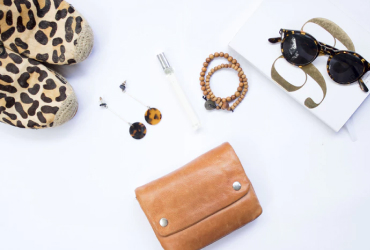
Fashion
3 Post(s)

Food
2 Post(s)

Health
4 Post(s)

Home Sweet Home
4 Post(s)








